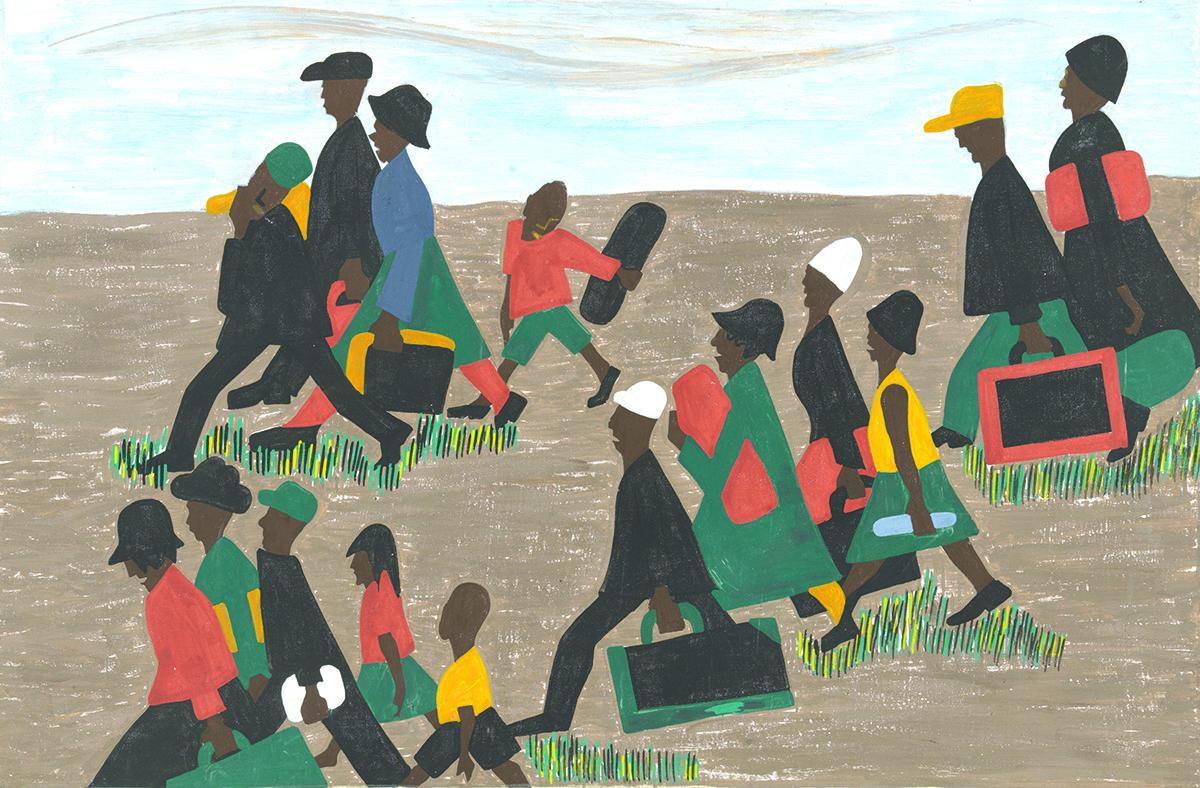MLK Day Reflection
Peyton O’Laughlin
I grew up in a small, predominantly white, rural town in Southwest Ohio and we always got the third Monday of January off for school. I never really knew why we didn’t have school on those Mondays and if I asked people why then they would reply, “Because it’s Martin Luther King Day.” The I would ask, “Who is Martin Luther King?”
As time passed and I became and adult I learned about who Dr. King was to a degree. Once in the fourth grade we discussed him for about two weeks and after that it seemed as if he was just a tall tale, like he was brought up around MLK Day, but shortly after MLK Day he was rarely regarded. We never had a ceremony commemorating his achievements in his quest to end racism in our country. The school or community didn’t truly acknowledge him as much as he deserved, maybe because we were a small village and we don’t normally hold big rallies or events unless it involved football or a firework display.
When I came back to Wooster for the second semester of my first year and people told me that classes were cancelled, I knew it was because of MLK Day, but then I was shocked to learn about all the activities that would take place. An opening ceremony that acknowledged Dr. King and his achievements and Dialogues that involved discussions on ethnicity, mental health, and civil rights. I was so surprised by the activities that would take place on this MLK Day that I went to as many of them as I could. I truly learned, not only about who Dr. King was, but about how people felt about him and how they regarded him and his achievements. The experience of the college’s ceremony of Dr. King made me think about the injustices that citizens of this nation have been through and what could possibly be done to ensure that they receive respect and safety.
It’s no surprise that we have still have racism in this country. It never surprised me when students in my school used racial slurs and made derogatory comments about students that were a non-white ethnicity. Is there anything that can be done about this intolerance that takes place in my hometown, so that minorities in my community know that they have value and respect. I thought that we, the citizens of my town, could have our own MLK Day ceremony where we commemorate Dr. King’s legacy and inform people in the community about the hardships that minorities have dealt with since the birth of our nation. Reach out to the schools and have them make civil rights heroes more prominent in classroom discussions. Teach the youth about these individuals to a higher degree. As time passes, citizens will know of Dr. King’s legacy and possibly become tolerant and accepting. These actions won’t end racism in our country, but they sure are a place to start.

